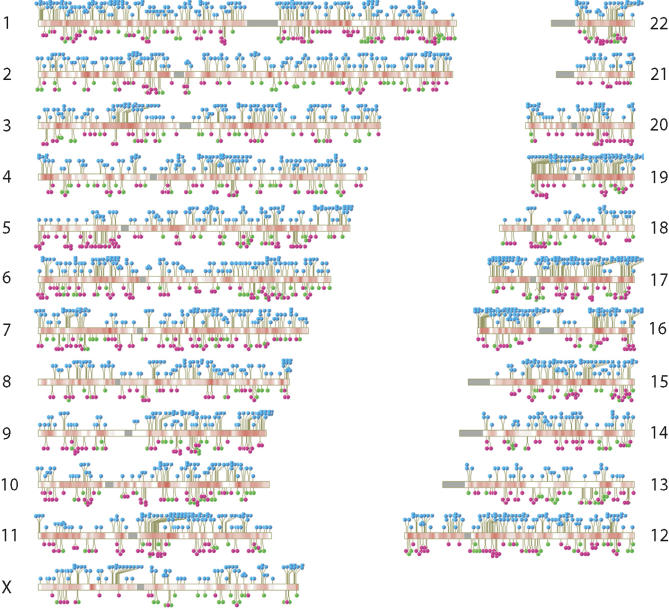@stevevw You coming back any time soon?
Common design would predict that one organism which did not share ancestry with another organism would share similar features or functions.
Or not. Because, you know, the designer
could make all flight apparatuses the same way... Or it could make some one way, some another way, and some yet another different way. So while the design hypothesis accommodates a situation where all eyes are formed the exact same way, it equally accommodates a situation where each species has a completely distinct, completely non-homologous eye that did not form any sort of nested hierarchy. If your hypothesis can equally accommodate both a prediction and that prediction's negation, then it
does not make that prediction.
Common design would predict the same information system in all living things...DNA.
Or not. I'm sure you'd posit that it is not somehow beyond your "designer" (read: YHWH) to create a taxon of beings with a
different information system. Ergo, while the design hypothesis accommodates a situation where all living things have the same information system, it equally accommodates a situation where some species have
different systems. Again, your hypothesis accommodates both the prediction and its negation, and thus it cannot be said that intelligent design makes this prediction.
Common design would show certain features or functions that would arise simultaneously giving the question which came first the chicken or the egg scenario.
This may or may not be relevant to the topic, but...
As far as predictions go, this one has been falsified. Or maybe not; I'm honestly not sure what you're trying to say here.
Common design predicts intelligent organisms from an Intelligent agent rather than intelligence from a mindless process.
Congratulations, the first
real prediction of intelligent design! So... how do we test this? How could we falsify it? How could we find corroborating evidence for it?
...
...
...Get back to me on that one, will you?
Common Design predicts information and language in organisms.
And that's another proposition that is either false or so widely drawn as to be meaningless.
Where does information or language arise from a mindless random process?
Chemistry? Constantly? I mean, if we want to stretch DNA to be a language with "information" (rather than a series of chemical interactions), then why not refer to all of chemistry as a "language"? After all, 4H+O2 -> 2H2O + E is just as easily understood as a language or code or "instruction" as DNA is. Do you disagree? Because what's going on in DNA is
exactly that. Every single interaction taken by DNA can be boiled down to chemical reactions of that sort.
But of course, the mechanics of DNA is only very loosely analogous to language. It's a useful analogy in some regards, but in this regards, it leads us down the wrong road. There is no reason to believe that DNA arose through anything other than random processes.


